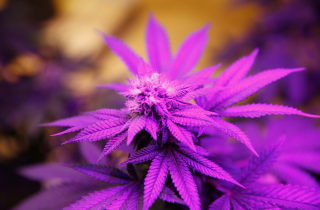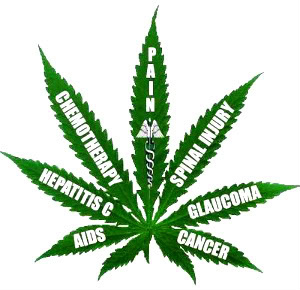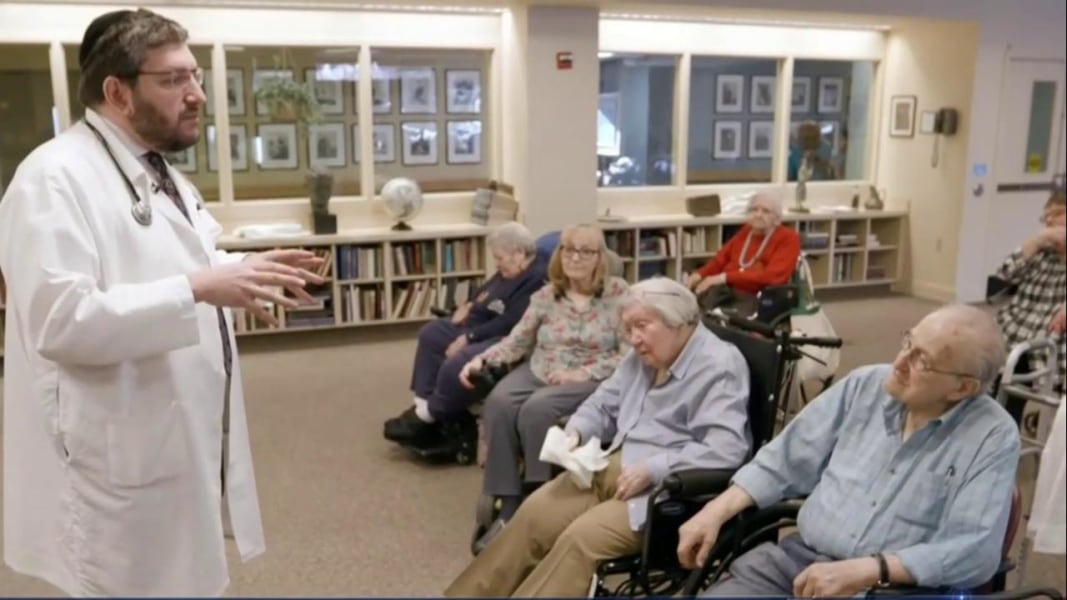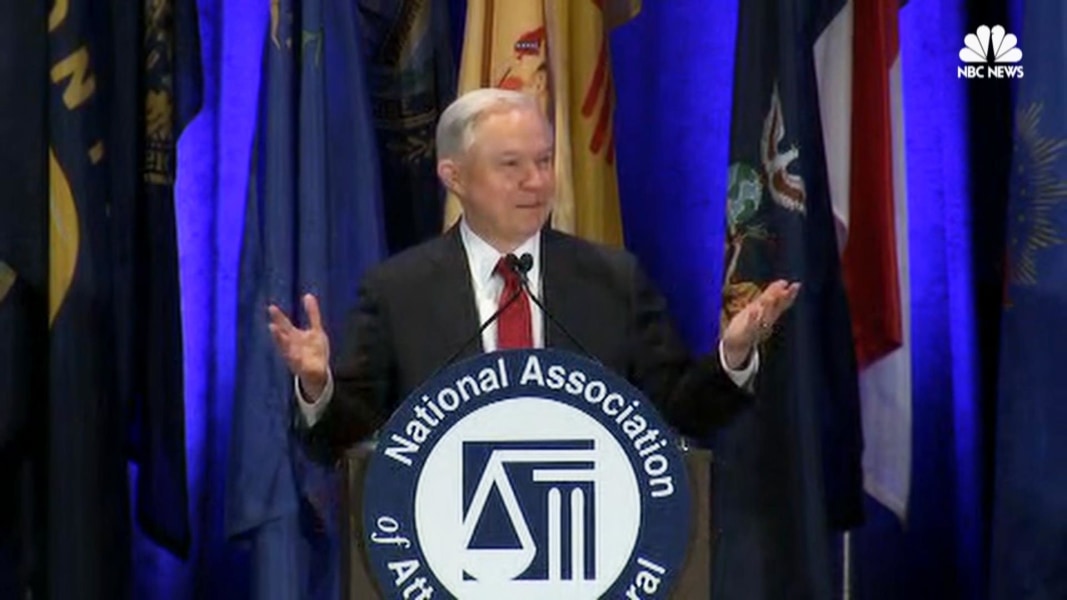1. United In Compassion announces the 2017 Australian Medicinal Cannabis Symposium
Lucy Haslam
MAR 27, 2017 — Over the past year, the Federal medicinal Cannabis scheme has developed very slowly and sadly has excluded the vast majority of genuine patients from accessing legal supplies of safe, botanical cannabinoid products.
Disturbingly, some families have made the decision to relocate to more compassionate countries such as Canada. The great majority are continuing on as criminals and taking their chances with the black market because the system to this point has failed to offer a viable alternative.
It is difficult to comprehend why things have developed in this way. Is it due to vested interests of big pharma? is it due to lingering bias and misinformation left over from the war on drugs?
One thing that is clear is that many doctors remain unconvinced of the therapeutic potential for a wide range of reasons…. too time poor to navigate the complex pathway, negative messages from their professional bodies and Government, fear of legal repercussions from prescribing unapproved products and the list goes on. The biggest hurdle seems to be lack of education. If doctors have no idea how the Endocannabinoid System works, it is not likely that they will be willing to get behind the science and get behind their patients who on this score are generally better educated.
United in Compassion is determined to play a role in improving patient access as a part of Dan’s legacy. The best thing we can do is provide education and networking opportunities to try and encourage health professionals to get involved for the sake of the thousands of their patients using cannabis illegally.
YOU CAN HELP!
UIC is appealing to our supporters to add your voice to ours by becoming a UIC member. By supporting us financially if you can (We are now a registered Charity with Deductable Gift Recipient Status)
We also ask that you support our education efforts by attending personally or encouraging your doctor to attend THE 2017 UIC MEDICINAL CANNABIS SYMPOSIUM in Melbourne in June.
By providing CORPORATE SPONSORSHIP of the Symposium if you can.
Over three days a great program will provide current information from International Keynote Speakers and Australian specialists. We encourage health care professionals to attend this great program which seeks to change the course of patient access and highlight the many valid and scientifically justified uses for medicinal cannabis.
Education is key to turning wilful ignorance to compassion driven by an understanding that perhaps we have been misinformed about the science of medicinal cannabis for decades. At the Symposium we will be offering access to the first Australian Medicinal Cannabis Course written for health Professionals by Health Professionals.
Please help UIC to help others. In doing so we will give thousands of disenfranchised patients the chance for a better life.
Thank you for your continued support. Lucy
Contact UIC for Membership or sponsorship details on lucy.haslam@uic.org.au
Tickets on sale now for the SYMPOSIUM and GALA NETWORKING DINNER through our website
www.uic.org.au or www.trybooking.com.au
3. NBC News: Legalized Marijuana Could Help Curb the Opioid Epidemic, Study Finds
In states that legalized medical marijuana, U.S. hospitals failed to see a predicted influx of pot smokers, but in an unexpected twist, they treated far fewer opioid users, a new study shows.
Hospitalization rates for opioid painkiller dependence and abuse dropped on average 23 percent in states after marijuana was permitted for medicinal purposes, the analysis found. Hospitalization rates for opioid overdoses dropped 13 percent on average.
At the same time, fears that legalization of medical marijuana would lead to an uptick in cannabis-related hospitalizations proved unfounded, according to the report in Drug and Alcohol Dependence.
“Instead, medical marijuana laws may have reduced hospitalizations related to opioid pain relievers,” said study author Yuyan Shi, a public health professor at the University of California, San Diego.
“This study and a few others provided some evidence regarding the potential positive benefits of legalizing marijuana to reduce opioid use and abuse, but they are still preliminary,” she said in an email.
Dr. Esther Choo, a professor of emergency medicine at Oregon Health and Science University in Portland, was intrigued by the study’s suggestion that access to cannabis might reduce opioid misuse.
Related: Pediatricians Warn Against Pot Use: Not Your Dad’s Marijuana
“It is becoming increasingly clear that battling the opioid epidemic will require a multi-pronged approach and a good deal of creativity,” Choo, who was not involved in the study, said in an email. “Could increased liberalization of marijuana be part of the solution? It seems plausible.”
However, she said, “there is still much we need to understand about the mechanisms through which marijuana policy may affect opioid use and harms.”
An estimated 60 percent of Americans now live in the 28 states and Washington, D.C. where medical marijuana is legal under state law.
Meanwhile, the opioid epidemic – sparked by a quadrupling since 1999 in sales of prescription painkillers such as Oxycontin and Vicodin – kills 91 Americans a day.
Shi analyzed hospitalization records from 1997 through 2014 for 27 states, nine of which implemented medical marijuana policies. Her study was the fifth to show declines in opioid use or deaths in states that allow medical cannabis.
Previous studies reported associations between medical marijuana and reductions in opioid prescriptions, opioid-related vehicle accidents and opioid-overdose deaths.
In a 2014 study, Dr. Marcus Bachhuber found deaths from opioid overdoses fell by 25 percent in states that legalized medical marijuana.
Since last year, when New York rolled out its medical marijuana program, Bachhuber has included cannabis in a menu of options he offers his patients who suffer chronic or severe pain from neuropathy and HIV/AIDS, he said in a phone interview. Bachhuber, a professor at the Albert Einstein College of Medicine and Montefiore Medical Center in the Bronx, was not involved in the new study.
Related: Marijuana Users Risk Schizophrenia, But the Drug Helps Pain
Many of Bachhuber’s patients ask for help quitting highly addictive opioids, and some have used marijuana to taper off the prescription painkillers, he said.
Nonetheless, a 1970 federal law puts cannabis in the same category as heroin, Schedule 1 of the Comprehensive Drug Abuse Prevention and Control Act, and finds it has no medicinal value. Consequently, doctors can only recommend, not prescribe, marijuana, and physicians who work for the federal government cannot even discuss the weed.
Federal prohibition also has led to severe limitations on marijuana research.

In January, a National Academies report found conclusive or substantial evidence that cannabis can effectively treat chronic pain, chemotherapy-induced nausea and spasticity. The report, written by an independent panel of medical experts, found no evidence of cannabis overdose deaths.
It did, however, find links between cannabis use and an increased risk of vehicle accidents as well as the development of schizophrenia or other psychoses, particularly among the most frequent users.
Bachhuber lamented the dearth of research on the best ways to use marijuana as medicine.
“We have information that it works based on the National Academies’ report,” he said.
“But we don’t know who it works best for, at what dosage, for how long.”
Last week, U.S. Attorney General Jeff Sessions, the nation’s top cop,
reiterated his concerns about marijuana and heroin, an illegal opioid.
“I am astonished to hear people suggest that we can solve our heroin crisis by legalizing marijuana,”
he told law enforcement officers in Virginia,
“so people can trade one life-wrecking dependency for another.”
SOURCE: Drug and Alcohol Dependence, online February 21, 2017.




